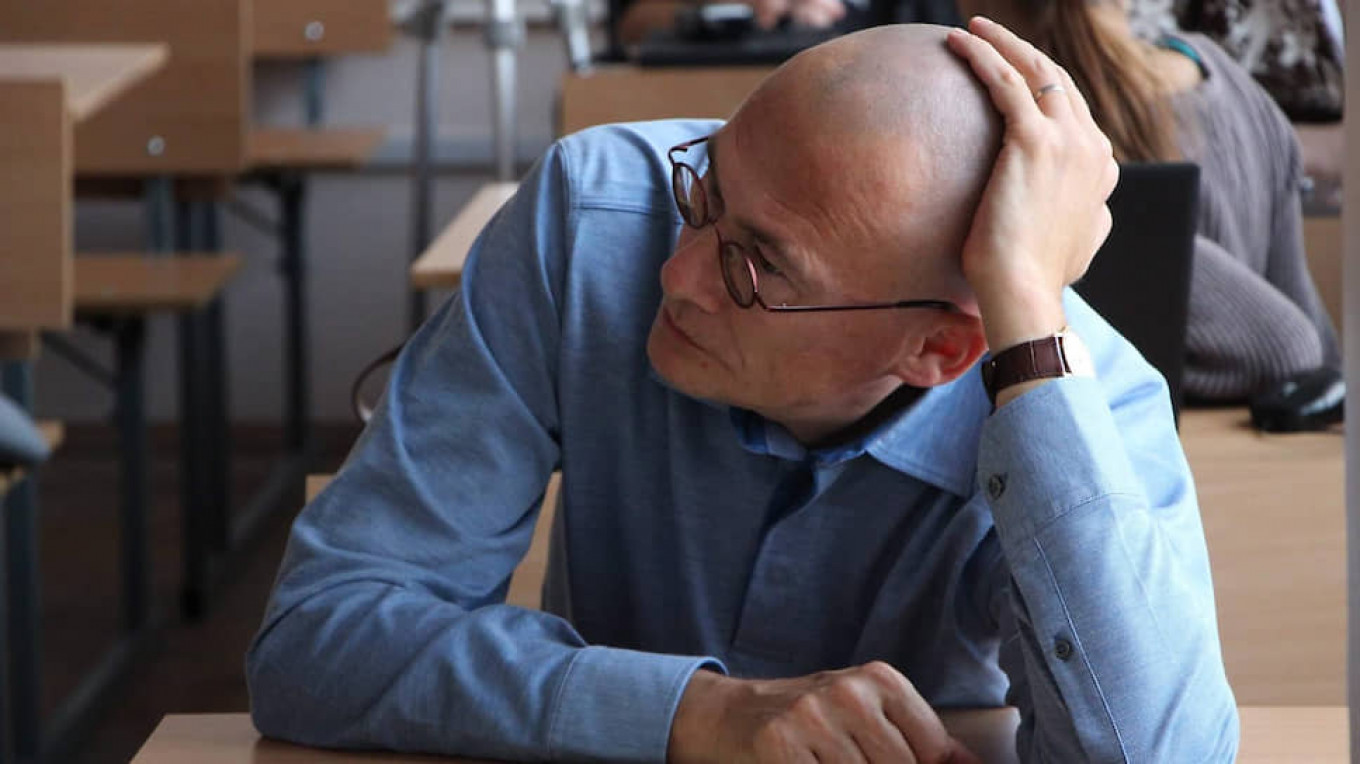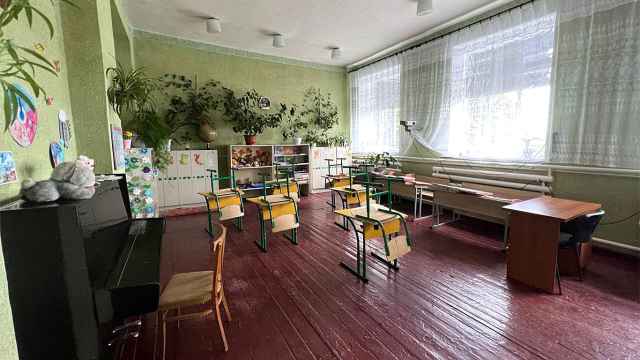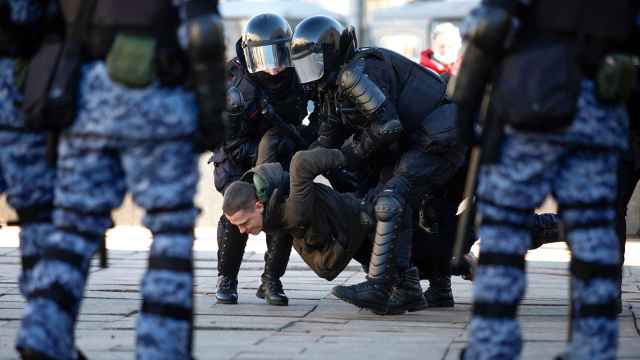Officials at the prestigious Moscow State University are refusing to investigate widespread claims of sexual harassment by faculty members while some students face veiled threats of academic retribution for speaking out, the Meduza news website reported Tuesday.
Current and former students and professors last week urged MSU to take steps to protect students in an open letter published by the student outlet Doxa, calling student-faculty sexual relations “a frequent and even common practice within the walls of the university.” The letter followed Doxa’s series of reports this month on sexual harassment at MSU and other Russian academic institutions as well as an MSU history student’s account in late April of harassment by an ethnic studies professor.

“Instructors often allow themselves to make ambiguous hints, violate personal space [and] flirt with students, which definitely oversteps the boundaries of academic ethics. To us, this seems unacceptable,” states the open letter translated by Meduza.
A survey by the MSU philology department’s student council found that 11 out of 104 students said they had faced harassment from faculty members. The student council said it has received 28 reports of harassment and was ready to discuss its poll results with faculty leadership.
MSU’s philology and history departments have refused to investigate the claims leveled against their faculty members.
The high-profile harassment reports sparked widespread online discussion which has been roughly split between two camps: professors rushing to the defense of colleagues and blaming the students, versus students pointing to an unequal power dynamic that complicates the issue of consent.
An MSU student who has spoken out in support of fellow students has also received thinly veiled threats from professors suggesting that she could face hurdles in graduating this year, Meduza reported.
Doxa itself faced accusations of violating journalistic standards in its report on harassment within MSU’s philology department. It has since retracted some of the report’s key claims after receiving complaints over its use of third-party accounts and publishing stories without their subjects’ permission.
“We oppose harassment of any kind and we also consider it unacceptable to slander anyone,” MSU’s initiative group of current and former students and employees said Tuesday.
A Message from The Moscow Times:
Dear readers,
We are facing unprecedented challenges. Russia's Prosecutor General's Office has designated The Moscow Times as an "undesirable" organization, criminalizing our work and putting our staff at risk of prosecution. This follows our earlier unjust labeling as a "foreign agent."
These actions are direct attempts to silence independent journalism in Russia. The authorities claim our work "discredits the decisions of the Russian leadership." We see things differently: we strive to provide accurate, unbiased reporting on Russia.
We, the journalists of The Moscow Times, refuse to be silenced. But to continue our work, we need your help.
Your support, no matter how small, makes a world of difference. If you can, please support us monthly starting from just $2. It's quick to set up, and every contribution makes a significant impact.
By supporting The Moscow Times, you're defending open, independent journalism in the face of repression. Thank you for standing with us.
Remind me later.






